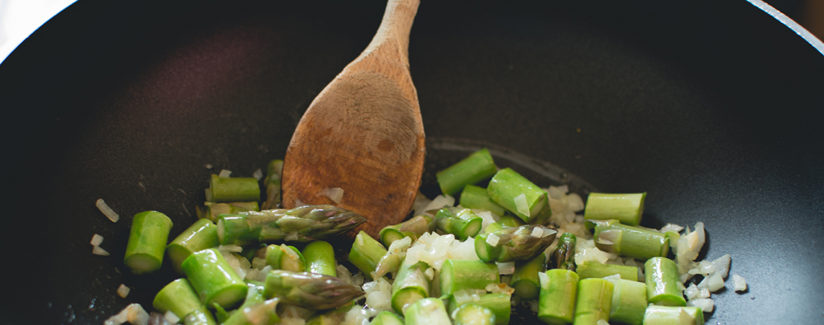
Are Nutrients Lost When Veggies are Cooked?
A Best Food Facts reader wanted to know how many nutrients were lost in vegetables, particularly butternut squash, when cooked versus in a raw state. We asked Connie Diekman, RD, for some answers.
What nutrients are contained in butternut squash?
Connie Diekman:
Butternut squash is like other winter squashes in that it contains lots of vitamins A and C, along with B6, magnesium, folate, potassium, fiber, and small amounts of calcium and iron. Butternut squash is also rich in the phytonutrients zeaxanthin and lutein, which are both good for your eyes.
Are nutrients lost when butternut squash is cooked?
Connie Diekman:
If the squash is cooked in too much water, the water-soluble vitamins – C, folate and B6, along with potassium, will be diminished, but if the water is saved to use in soups the nutrients can be transferred instead of lost. Exact amounts lost are dependent on length of time the squash is cooked and the amount of water, so the best advice is to cook with as little water as needed for softening, or consider roasting or baking.
What is the difference in nutrients between raw and cooked vegetables in general?
Connie Diekman:
The difference depends on the vegetable and the cooking method. For most vitamins and minerals, cooking breaks down the fiber making it easier to digest, and therefore absorb the nutrients. Water-soluble vitamins – vitamin C is one of the most heat- and water-sensitive – are lost in cooking if too much water is used, so that is an important factor that people can control.
Are there some vegetables that retain nutrients more so than others when cooked?
Connie Diekman:
The big difference is in the phytonutrients in vegetables. Cooking improves absorption of beta-carotene, which is found in orange or yellow vegetables like butternut squash; carotenoids found in carrots, spinach, mushrooms, asparagus, cabbage and other veggies; lycopene in tomatoes; and a variety of other phytonutrients. While differences exist, the amount of loss – or gain – is hard to quantify, so the best advice is to include a wide variety of brightly-colored and strongly-flavored fruits and veggies in your daily diet!


























